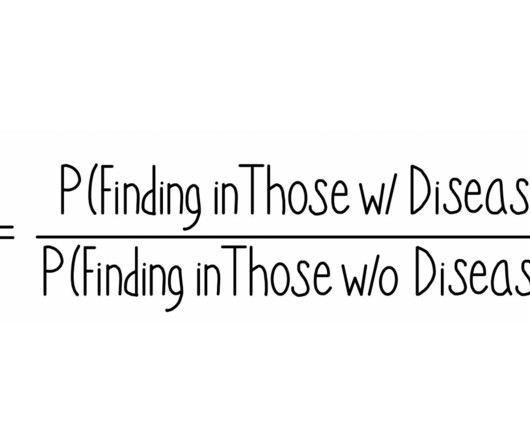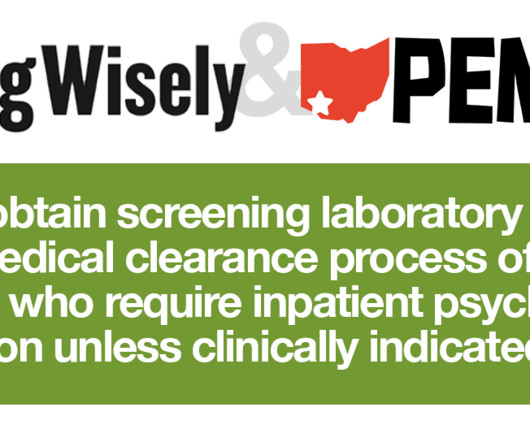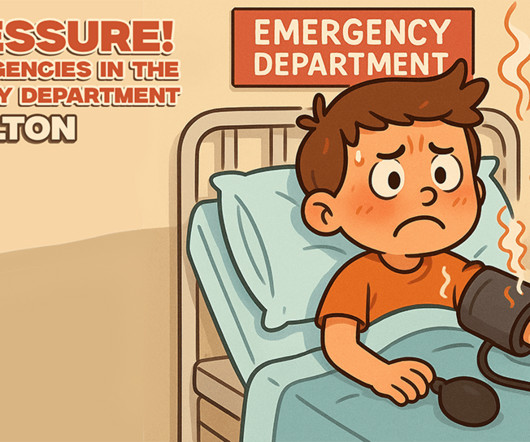You don’t need X-Rays to tell if a child is constipated
PEMBlog
SEPTEMBER 20, 2023
The Choosing Wisely Pediatric Emergency Medicine Recommendations The Choosing Wisely Campaign Toolkit Expert Contributors Kelly Levasseur, DO Children’s Hospital of Michigan Detroit, MI, USA docklevasseur@gmail.com Jennifer Thull-Freedman, MD Alberta Children’s Hospital Calgary, Alberta, Canada Jennifer.Thull-Freedman@albertahealthservices.ca





















Let's personalize your content